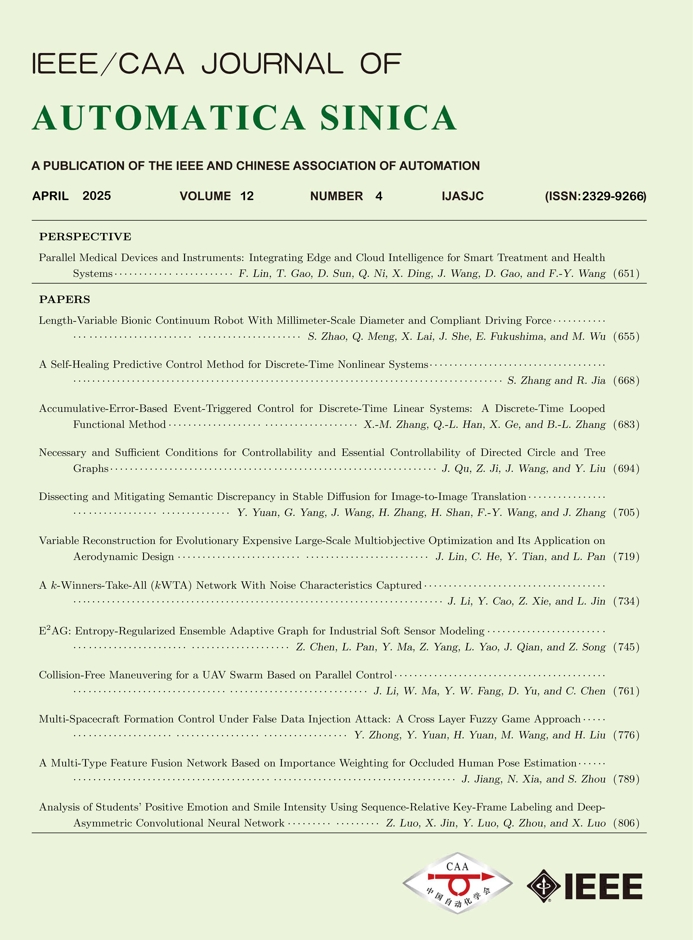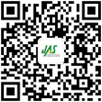Vol. 1, No. 1, 2014
column
Display Method:
2014, 1(1): 1-9.
Abstract:
2014, 1(1): 10-18.
Abstract:
2014, 1(1): 19-23.
Abstract:
2014, 1(1): 24-30.
Abstract:
2014, 1(1): 31-39.
Abstract:
2014, 1(1): 40-45.
Abstract:
2014, 1(1): 46-53.
Abstract:
2014, 1(1): 54-60.
Abstract:
2014, 1(1): 61-67.
Abstract:
2014, 1(1): 68-76.
Abstract:
2014, 1(1): 77-83.
Abstract:
2014, 1(1): 84-91.
Abstract:
2014, 1(1): 92-100.
Abstract:
2014, 1(1): 101-112.
Abstract:


 E-mail Alert
E-mail Alert


